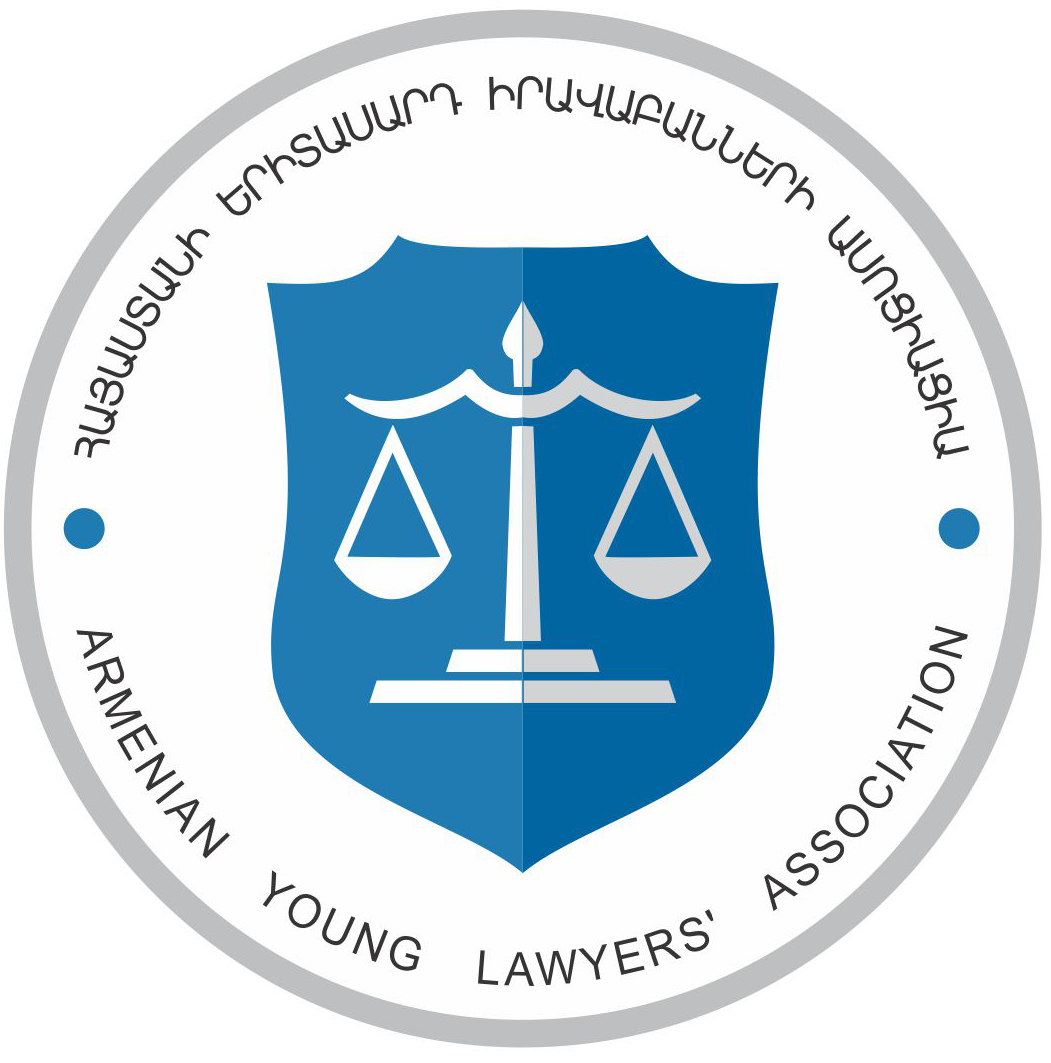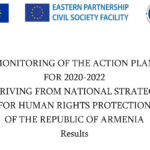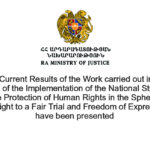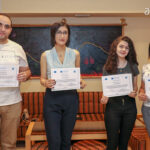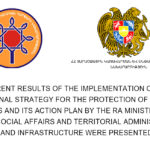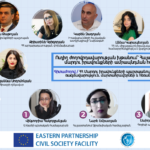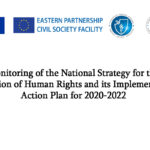Seminar-Public Discussion of “Promoting Direct Democracy for Strengthening Human Rights in Armenia” Project for Representatives of Shirak and Aragatsotn Regions took place

Public discussions on raising awareness about the “Promoting Direct Democracy for Strengthening Human Rights in Armenia” project and the discussion of the RA “National Strategy for the Protection of Human Rights and its Implementation Action Plan for 2020-2022” have been launched.
On 12 May, the first seminar-public discussion with the participation of NGOs, lawyers, attorneys, regional administration, community representatives, and other interested parties of the Shirak and Aragatsotn regions took place.
Ms Syuzanna Soghomonyan, President of the Armenian Young Lawyers Association,”Promoting Direct Democracy for Strengthening Human Rights in Armenia” Project Manager, and Ms Gayane Gevorgyan, member of the Armenian Young Lawyers Association NGO held welcoming speeches.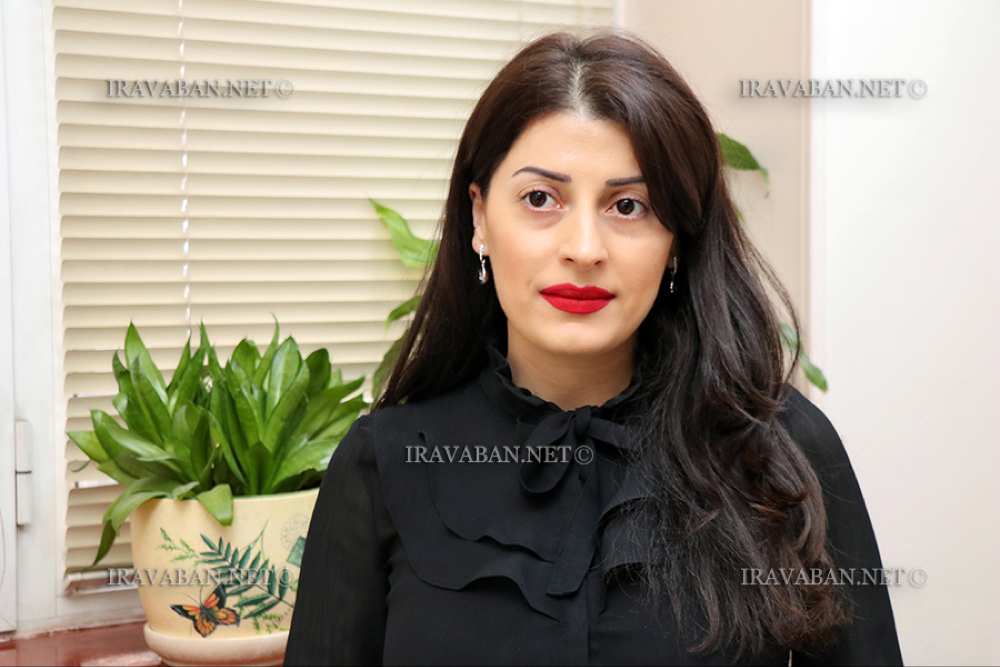
Suzanna Soghomonyan thanked the participants for joining the discussion and\, then presented the project, the actions, and the expected results. “The protection of human rights must be the basis of any democratic and legal state. The main activities of the National Strategy for the Protection of Human Rights are scheduled for 2020. The most important result we want to achieve within the framework of the project is the preparation of an evidence-based report on the legal and sociological basis, by which we should understand to what extent the measures envisaged by the strategy have been implemented, as well as their qualitative and quantitative criteria. Having quantitative results is one thing, but at the same time, another thing is to know the quality of quantitative results and how they will affect the protection of human rights in a particular community. Based on the evidence-based report, proposals aimed at improving the implementation of the strategy and the measures taken in it will be prepared,” she said.
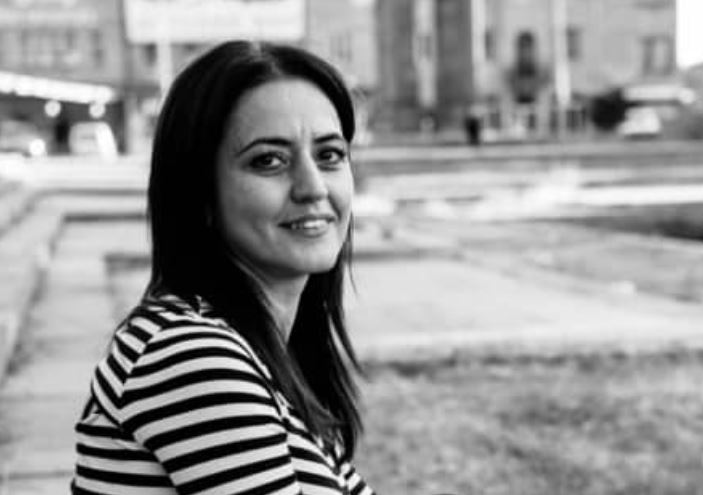 According to Gayane Gevorgyan, the project will be directed to the changes taking place in the legal system, as well as to the strategy and policy adopted by the government in the field of human rights protection. “On 26 December 2019, the Government adopted the “National Strategy for the Protection of Human Rights and its Implementation Action Plan for 2020-2022″. In many cases, the public at large is unaware of the principles and objectives of the program, and the direction in which the human rights situation in Armenia will improve. The project will develop proposals for making certain legislative changes,” Gayane Gevorgyan said emphasizing the involvement of civil society representatives in this process.
According to Gayane Gevorgyan, the project will be directed to the changes taking place in the legal system, as well as to the strategy and policy adopted by the government in the field of human rights protection. “On 26 December 2019, the Government adopted the “National Strategy for the Protection of Human Rights and its Implementation Action Plan for 2020-2022″. In many cases, the public at large is unaware of the principles and objectives of the program, and the direction in which the human rights situation in Armenia will improve. The project will develop proposals for making certain legislative changes,” Gayane Gevorgyan said emphasizing the involvement of civil society representatives in this process.
Syuzanna Soghomonyan also mentioned that during the first 8 months of the Strategy the sociologist will monitor the measures taken by the ministries and different departments with a specially developed methodology, where CSOs and responsible structures of the sectors will take an active part.
“For 2020-2022, we will assess the progress of actions, more qualitative information will be presented, the actions that are planned to be implemented in the first half year, we will be able to assess whether they have achieved their goal, whether there are violations in terms or not, etc. Of course, comparisons will be made with the initial data as well,” Ms Sonya Msryan, Sociologist/Expert of the project said.
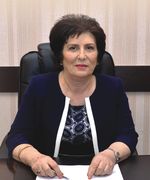 The main issues that exist in the region were discussed during the seminar. The participants also mentioned that Shirak region stands out with its social problems, ranging from housing issues to unemployment.
The main issues that exist in the region were discussed during the seminar. The participants also mentioned that Shirak region stands out with its social problems, ranging from housing issues to unemployment.
“There are two families where the wife and the children have been abused, they live in carriage-house. We helped the abused woman and her family,” Ms Jemma Harutyunyan, head of Amasia community of Shirak region said.
She also spoke about inclusive education, noting that the community also has a kindergarten that is “inclusive” as well. A speech therapist and psychologist work there.
Ms Zhanna Avetisyan – Representative of “ARAYI” Disabled Children’s Parents NGO in Aragatsotn Region and director of 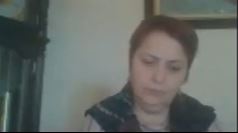 Karbi Vahan Tekeyan Secondary School, spoke about the issue of inclusive education, noting that there are no conditions for children with disabilities and those who are in wheelchairs to go to school and move there. “Prior to the introduction of inclusive education in schools, conditions for children with mobility problems should have been created. This is a very serious problem, the rights of these children are being violated. Both the children and the parents want to go to school, but there are no ramps, there are no first aid conditions at the school,” the director of the school said.
Karbi Vahan Tekeyan Secondary School, spoke about the issue of inclusive education, noting that there are no conditions for children with disabilities and those who are in wheelchairs to go to school and move there. “Prior to the introduction of inclusive education in schools, conditions for children with mobility problems should have been created. This is a very serious problem, the rights of these children are being violated. Both the children and the parents want to go to school, but there are no ramps, there are no first aid conditions at the school,” the director of the school said.
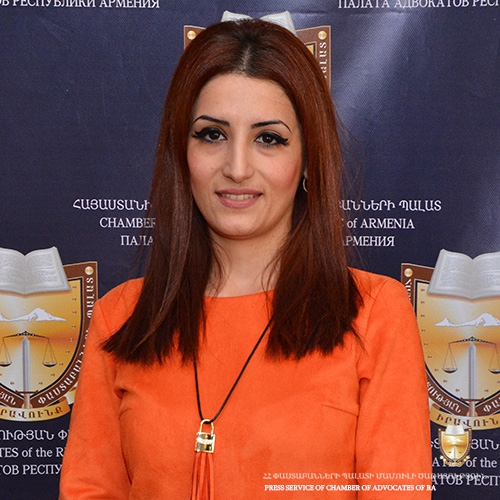 Lawyer Arina Metsoyan mentioned that the primary problem is the lack of information among the citizens. “When we talk about human rights, the general public should know and understand what it is about, and the citizen personally should want to protect his rights, because very often citizens confuse their rights with their desires,” the lawyer said. Touching upon the sectoral issues, in particular, the right to a fair trial, she mentioned a number of issues, including deadlines for submitting motions, shortcomings in the publishing of judicial acts on the online platform and a number of other issues. “The practice shows that the verdict should be published on the official Datalex.am website on the given day, but it doesn’t happen, we are talking to the judge’s assistant, it turns out that the verdict is not even ready,” she said.
Lawyer Arina Metsoyan mentioned that the primary problem is the lack of information among the citizens. “When we talk about human rights, the general public should know and understand what it is about, and the citizen personally should want to protect his rights, because very often citizens confuse their rights with their desires,” the lawyer said. Touching upon the sectoral issues, in particular, the right to a fair trial, she mentioned a number of issues, including deadlines for submitting motions, shortcomings in the publishing of judicial acts on the online platform and a number of other issues. “The practice shows that the verdict should be published on the official Datalex.am website on the given day, but it doesn’t happen, we are talking to the judge’s assistant, it turns out that the verdict is not even ready,” she said.
The issues of domestic violence, care homes, and health care, in particular about the medical secret were also touched. It was mentioned that there are many cases in the region, when in addition to a sick patient in the hospital, a third party becomes aware of his illness, other members of the family, violating the right of confidentiality of personal data.
The participants mentioned that they will cooperate and present their support in raising the issues and presenting proposals for their solutions.
Notably, the issues and challenges raised as a result of the discussion were summarized by the lawyer-expert and will be taken into account in the process of monitoring, reporting, and elaboration of proposals.
Similar discussions are planned to be organized with the participation of Lori, Syunik, and Yerevan CSOs, competent state bodies, lawyers, and other interested parties.
“Promoting Direct Democracy for Strengthening Human Rights in Armenia” project is funded in the framework of the “Eastern Partnership Civil Society Facility” project funded by the European Union.
